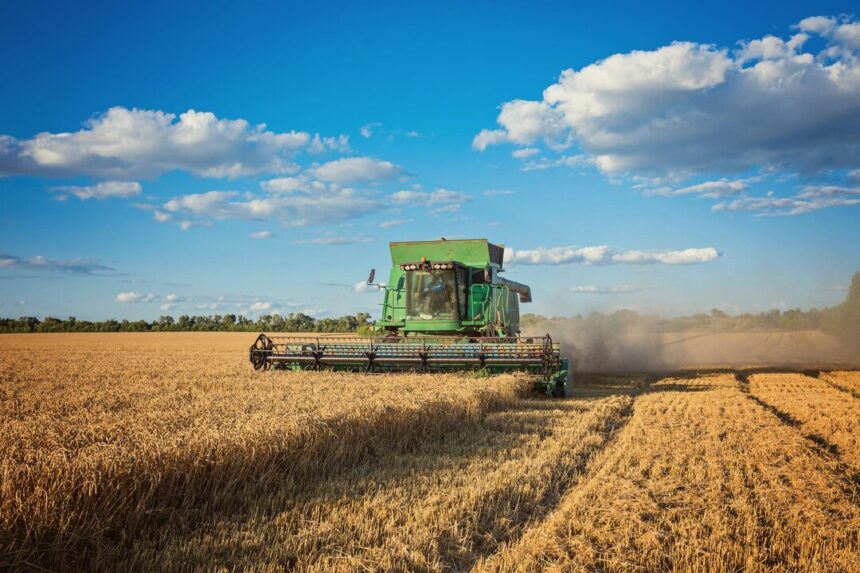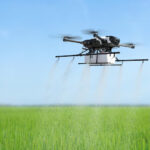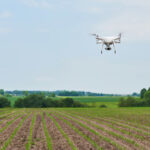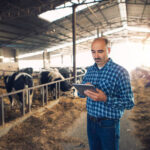Farming is a vital industry that sustains societies by providing food, fiber, and other essential commodities. However, there are various approaches to farming, ranging from small-scale operations to large-scale industrial agriculture. In this article, we’ll delve into the pros and cons of small-scale farming and large-scale farming to understand the unique challenges and advantages of each approach.
Small-Scale Farming:
Pros:
- Sustainable Practices: Small-scale farmers often employ sustainable farming practices such as crop rotation, organic fertilizers, and integrated pest management. These practices promote soil health, biodiversity, and environmental conservation.
- Local Food Systems: Small-scale farms contribute to local food systems by producing fresh, seasonal produce for nearby communities. This fosters food security, supports local economies, and reduces carbon emissions associated with long-distance transportation.
- Diversification: Small-scale farmers often diversify their crops and livestock, reducing reliance on monoculture and promoting resilience against market fluctuations, pests, and diseases.
- Personalized Attention: Small-scale farmers can provide personalized care and attention to their crops and animals, leading to higher quality products and stronger relationships with consumers.
Cons:
- Limited Resources: Small-scale farmers may face challenges accessing capital, land, equipment, and other resources needed to scale up their operations and remain competitive in the market.
- Labor-Intensive: Small-scale farming often requires manual labor for planting, harvesting, and tending crops, which can be physically demanding and time-consuming.
- Market Access: Small-scale farmers may struggle to access markets due to limited distribution networks, competition from larger producers, and regulatory barriers.
Large-Scale Farming:
Pros:
- Economies of Scale: Large-scale farming operations benefit from economies of scale, allowing them to produce goods more efficiently and cost-effectively than small-scale farms.
- Increased Productivity: Large-scale farms can leverage technology, mechanization, and advanced agricultural practices to achieve higher yields and productivity levels.
- Global Supply Chains: Large-scale farms play a crucial role in global food supply chains, producing commodities for domestic consumption and export markets.
- Innovation and Research: Large-scale farms often invest in research and development to improve crop varieties, breeding techniques, and farming technologies, driving innovation and technological advancements in agriculture.
Cons:
- Environmental Impact: Large-scale farming can have significant environmental impacts, including deforestation, habitat destruction, water pollution, and greenhouse gas emissions.
- Monoculture: Large-scale farms often rely on monoculture, growing a single crop over extensive areas, which can lead to soil degradation, nutrient depletion, and increased susceptibility to pests and diseases.
- Loss of Biodiversity: Large-scale farming practices may contribute to the loss of biodiversity by displacing native habitats, reducing wildlife populations, and promoting the spread of invasive species.
- Concentration of Power: Large-scale farming can lead to the concentration of power and wealth in the hands of a few agribusiness corporations, potentially reducing competition, market diversity, and farmer autonomy.
Both small-scale farming and large-scale farming have their advantages and disadvantages, and each approach plays a unique role in meeting the world’s food needs. While small-scale farming promotes sustainability, local food systems, and personalized attention, large-scale farming offers economies of scale, increased productivity, and global supply chain integration. Ultimately, a combination of diverse farming practices and approaches is needed to address the complex challenges facing agriculture and ensure food security, environmental sustainability, and economic viability for future generations.







